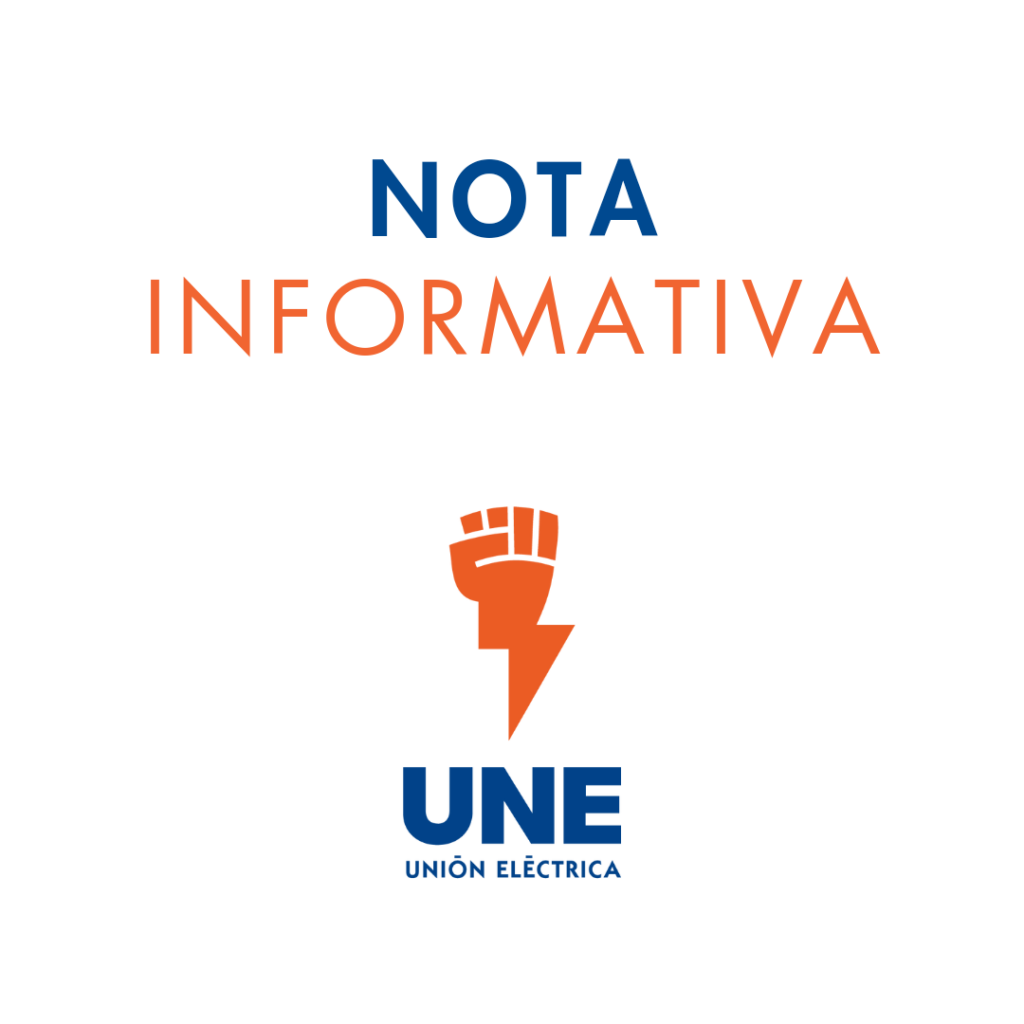
HAVANA, Cuba, Jul 15 (ACN) The progress of the Government Program for the recovery of the National Electric Power System (SEN by its Spanish acronym) and the commitment to the energy transition under current conditions constitute a priority for the country, was part of Cuban parliament's analysis agenda.
In the presence of Commander of the Revolution Ramiro Valdes Menendez, Deputy Prime Minister, Vicente de la O Levy, Minister of Energy and Mines, presented the situation of the sector to the Permanent Commission on Industry, Construction, and Energy, which has become more complex in recent years due to difficulties in importing oil, the reduction in domestic crude oil production, and the unfavorable technical condition of the electrical infrastructure, among other factors.
The permanent working groups of the National People's Assembly are meeting on Monday and Tuesday, as a previous to the 5th Ordinary Session of the Cuban parliament, in its 10th Legislature, which will begin on July 16.
De la O Levy explained that the country is implementing the Government Program to recover generating capacity, reduce dependence on imported fossil fuels, and promote energy sovereignty.
He specified that greater stability in the fuel supply to thermal power plants and distributed generation has been achieved, although the situation remains complex.
This requires actions to halt the decline in domestic oil production, which is 51,000 tons above the plan, and compliance with commitments to deliver natural gas to the Energas plant, which will generate 8.3 gigawatt hours (GWh) for the summer months.
Regarding the energy transition, he highlighted that the country has 481.3 megawatts (MW) installed in new photovoltaic parks and will reach more than 1,000 MW by later this year.
This will help mitigate the impact of unexpected outages and other contingencies. At the same time, he explained, work is being done to restore fuel oil and diesel engines, and according to current forecasts, this projected availability of 1,100 MW will be achieved from July to December of this year.
Regarding mobile generation units (patanas), he noted that with great effort and with the country's limited financial resources, minimum payments have been made to maintain generation during the months of July and August.
However, he clarified that the inability to guarantee generation volumes, the distortion in peak demand values, and other factors prevented the initial summer goal of reducing disruptions and allowing the rotation of shut-off circuits for an average of four hours per day from being achieved.
Despite this, he described the strategy for Cuba's energy transition as sound in the long term, aimed at ensuring, even if the results are not immediately apparent, the energy sovereignty of Cuba to the extent that it manages to reduce its dependence on imported fuels, the guarantee of which still has no prospect of a sustainable solution under current conditions.
Sidebar

 Agencia Cubana de Noticias
Líder en información nacional
Agencia Cubana de Noticias
Líder en información nacional








Nos reservamos el derecho de no publicar los comentario que incumplan con las normas de este sitio